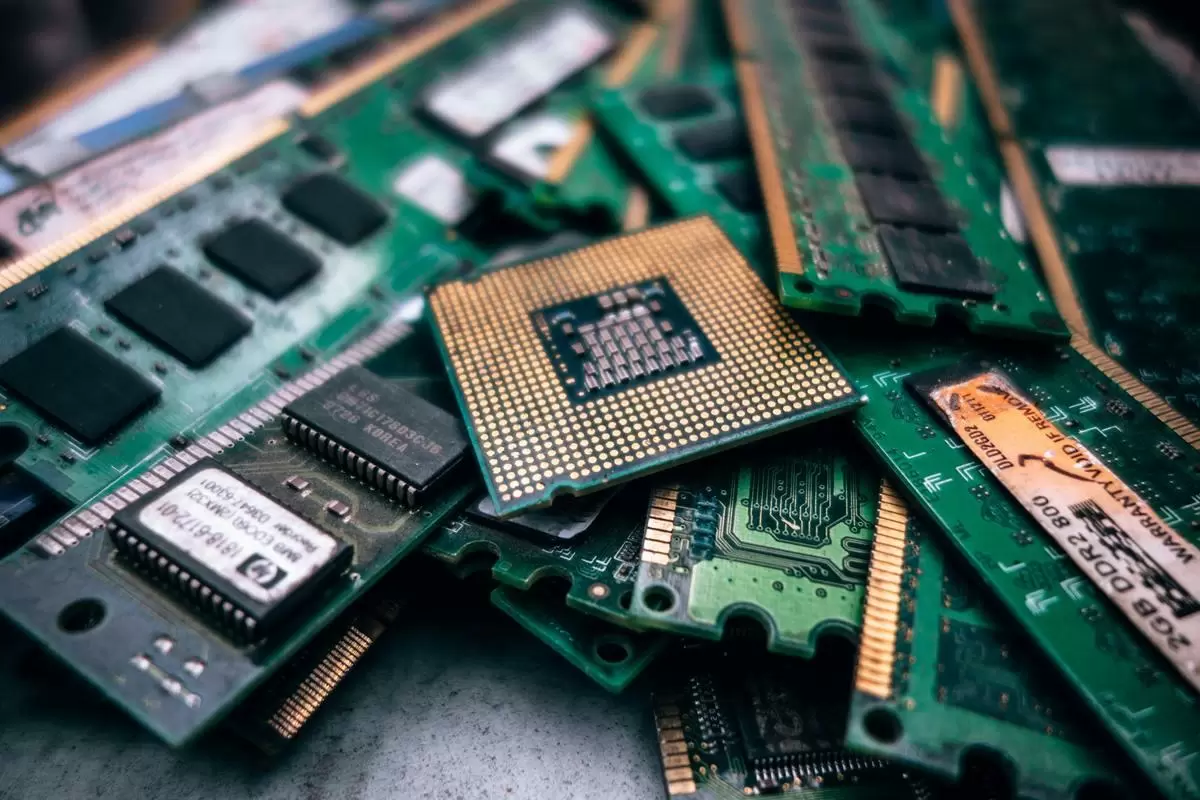Free software in response to obsolescence of computer hardware
Project details
- Main leader : Dot River
- Type of initiative : Individual initiative (company, etc.)
- Périmètre : France
- Localisation : NewGeneration SR Lyon, 5 rue Denuzière, 69002 Lyon
- Date de début : janvier 2008
Economy circular topics
- Extending useful service life
- Functional service economy
- Responsible consumption
- Industrial and regional ecology
- Recycling
- Eco-design
- Sustainable procurement
As a Free Digital Enterprise, DotRiver provides only services. Its role is to supervise, administer, secure and ensure the proper functioning of the digital environment. With this business model not based on the sale of licenses and equipment, customers have no incentive to change their devices if they are still in working order.
Qualitative benefits
The issue at stake
The digital sector is a big consumer of resources. The manufacturing phase requires rare earth metals. Its globalized nature requires significant transport flows and also raises the question of the working conditions of workers.
At the end of its life, over half of the equipment is not recycled in Europe. The waste, which is particularly toxic, has serious health consequences and lastingly pollutes the environment, particularly in some Asian and African countries where it accumulates in illegal landfills.
This is why extending the life of equipment is a central issue in reducing the environmental and social impact of digital technology.
Links between free software and hardware service life
Free software, which is less "heavy" than proprietary software, provides machines with a second life. This is a tangible alternative, firstly because free software can cover all uses by individuals or professionals, and secondly because it reduces the need for investment in hardware and licenses, and therefore leads to savings. Typically, Linux is an optimized operating system that can be used by anyone as an alternative to the Microsoft or Apple operating system.
Free and open source software also address the equally important issues of sovereignty and security.
The four principles of free software* allow for continuous programme improvement, greater security, less dependence on obsolescence and forced purchase of new versions.
*Freedom to use the software, copy it, study it (access to source code), modify it and redistribute modified versions
Awareness-raising, particularly among political decision-makers and people in charge of IT services in organizations, is necessary for responsible digital practices to become widespread. Citizens who want to turn to free software can contact local Linux user groups, associations that make presentations and give "Install parties".
Areas of activity
- Services
Resources
- Waste
- Electronics
- Rare earths
Technical resources
The economic model: the key to changing practices
DotRiver offers a desktop virtualization service, i.e. the user accesses his online office via a server. This access is not linked to the user’s hard disk, operating system or software. He/she needs only a secure internet connection and can work from any terminal.
This way of working means that users do not have to invest in new and ever more powerful devices: they can use those they already own, along with small terminals or reconditioned devices. This solution promotes an extended service life for the hardware and the purchase of second-hand equipment.
DotRiver also operates at the other end of the digital value chain through its activity to optimize the power consumption of physical machines in data centres. Artificial intelligence analyses the use of machines to reduce power consumption for an equal optimized service.
Web link(s)
https://www.dotriver.eu/https://www.eclaira.org/library/h/eclaira-le-bulletin-numero-13-mars-2019.html
